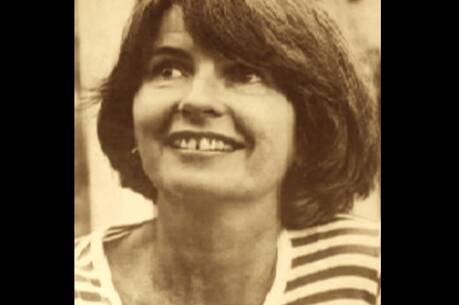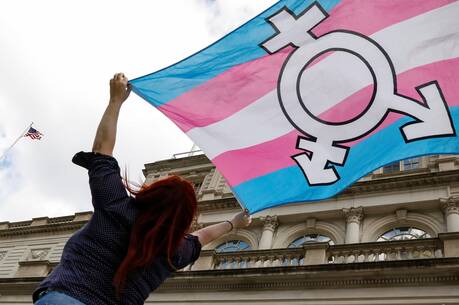Justice in the Rift Valley
Those with long memories, as well as admirers of Isak Dinesen’s writings, may recall the Honorable Hugh Cholmondeley, the third Baron Delamere, who was one of the original white settlers of British East Africa in the 1900’s. Lord Delamere, and later his family, controlled vast swaths of land in the Rift Valley, which were seized from the local peoples, then mostly the Maasai and Kikuyu. For decades the name was synonymous with power in Kenya; Delamere Street sliced through the heart of Nairobi. Now his great-grandson, Thomas Cholmondeley, 38, is finding this influence has waned. He is on trial for the murder of a poor Kikuyu man on his estate, accused of shooting him in the back.
Much of the public fascination in Kenya with the trial has to do with the family name. But it has larger ramifications. Since the election of President Mwai Kibaki in 2002, Kenyans have been engaged in an arduous battle to free themselves from the legacy of graft, corruption and repression left by the autocratic Daniel arap Moi, president of Kenya from 1978 to 2002. Kibaki has been tainted by some scandals since taking office. Kenya still struggles with rampant poverty, AIDS-related illnesses and indifference on the part of the West. But many Kenyans still feel hopeful that the country is making progress. Whether or not Cholmondeley is found guilty, the prospect of justice being rendered to poorer black people as well as to wealthy white aristocrats will be a sign that Kenya is headed in the right direction.
Democracy in Congo?
Presidential runoff elections in the Democratic Republic of the Congo are set for Sunday, Oct. 29. The fragility of the electoral process there, however, has stirred fears of violence. These fears were already borne out before the first round of elections in July, and later when the results were announced. Troops loyal to Vice-President Jean-Pierre Bemba battled with those of incumbent President Joseph Kabila. The latter had won 45 percent of the votes, short of the absolute majority he needed. Bemba won 20 percent. Further fighting between troops committed to one or the other candidate now clouds prospects for the runoff.
The nonprofit International Crisis Group says that a three-pronged approach is needed to avert violence. First, troops in the capital, Kinshasaespecially the private guards of Kabila and Bemba, who are not part of the regular armymust be held in check. Second, since representatives of the media often function as allies of their favorite candidates, the Congolese government’s High Media Authority needs to prevent media outlets from engaging in hate speech. The electoral process itself must be strengthened to ensure that the runoff is conducted in a fair manner. At the first-round elections in July, lists of voters and of polling places were altered just before the elections took place, and thousands of polling places were without monitors. Finally, troops from the European Union Force in neighboring Gabon should be assigned to Kinshasa with authority to use force if needed to forestall violence on Oct. 29. Violence will undercut any semblance of just electoral procedures.
A Tale From the Caribbean
William J. Brennan is an 86-year-old Jesuit who lives in a Jesuit residence in Wauwatosa, a suburb of Milwaukee. Earlier this year he became a published novelist when Singing River Publications in Ely, Minn., brought out A Drama of the Caribbean, his fictionalized account of the story of Antoine de Lavalette, an 18th-century French Jesuit priest who managed to bring an avalanche of troubles upon himself and ultimately upon the whole Society of Jesus.
For 16 of his 68 years as a Jesuit, Father Brennan worked in Belize, which has a coastline on the western edge of the Caribbean. Perhaps that location nourished his interest in de Lavalette, who on the Caribbean island of Martinique two centuries before had run a prosperous businesseven though both canon law and the Jesuit Constitutions forbade such an enterprise. De Lavalette did very well trading sugar, coffee and spices with Boston merchants, among others. A bad year in the 1750’s, however, brought him to the edge of bankruptcy, and Parisian investors sued. In France, enemies of the Jesuits, including Madame de Pompadour, who was still influential although by then retired as Louis XV’s mistress, seized upon this fiscal crisis to promote their campaign to abolish the Society of Jesus, which they considered far too close to Rome. On Aug. 6, 1762, the Paris Parliament outlawed the Society, confiscated its properties and dispersed the 4,000 French Jesuits.
Eleven years later, Pope Clement XIV suppressed the whole Society in order to appease the governments of France, Spain and Portugal. The order was restored in 1814, but the melancholy story that Father Brennan tells with economy and detail is worth remembering.







